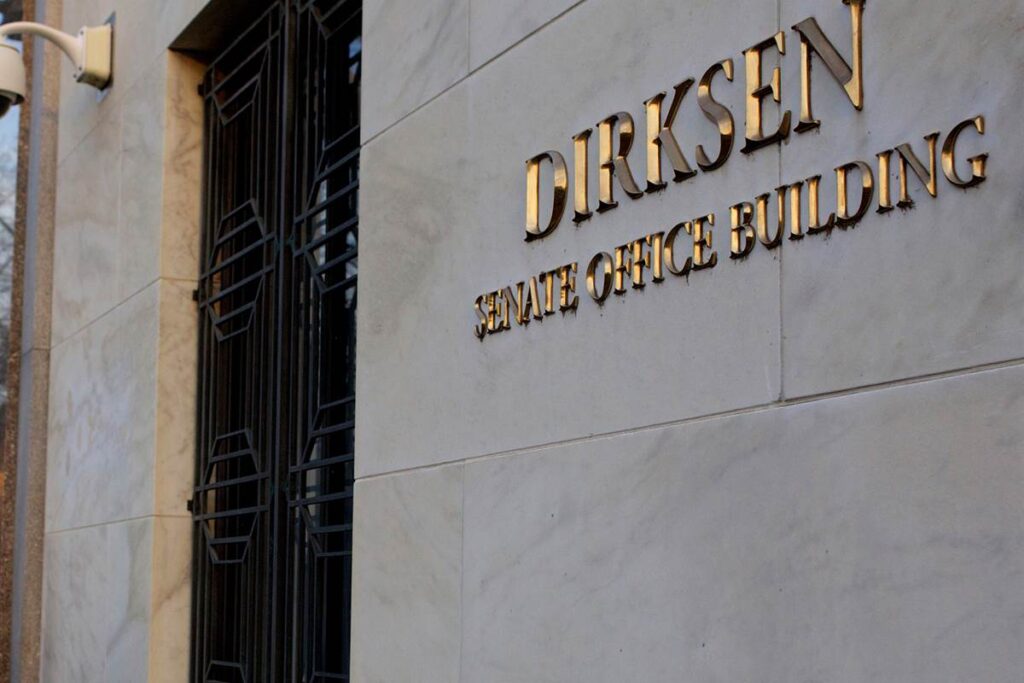The Senate Finance Committee in Congress held a recent hearing at the 215 Dirksen Senate Office Building titled:
“Helping Americans Prepare for Retirement: Increasing Access, Participation and Coverage in Retirement Savings Plans.”
Appearing as witnesses at the hearing were:
Dr. Alicia Munnell
Peter F. Drucker Professor of Management Science, Director
Boston College Carroll School of Management, Center for Retirement Research at Boston College
Mr. John J. Kalamarides
Head of Institutional Investment Solutions
Prudential Financial
Hartford, CT
Mr. Thomas Barthold
Chief of Staff
Joint Committee on Taxation
Washington, DC
All three individuals provided written testimony. Copies of that testimony can be downloaded in their entirety.
Throughout the hearing, references were made to the report produced last year by the Savings & Investment Bipartisan Tax Working Group, which was part of Finance Chairman Orrin Hatch’s (R-UT) effort to develop bipartisan consensus on tax reform in a number of subject areas.
The report prepared by the Savings & Investment Bipartisan Tax Working Group presented on July 7, 2015 specifically mentioned Senate S ESOP legislation (S. 1212) as a way to promote retirement savings by incentivizing more companies to become employee-owned. In that document, the working group notes,
“Improvements Related to S-ESOP Plans: S Corporation Employee Stock Ownership Plans, or S-ESOPs, have a track record of providing retirement security for employee-owners of both small and large businesses. S. 1212, introduced by Senators Cardin and Roberts, contains several provisions to further encourage employee-ownership in S corporations, including extending the gain-deferral provisions of Code section 1042 to sales of employer stock to S-ESOPs, providing resources to small businesses contemplating making the transition to an ESOP, and ensuring that SBA-certified small businesses do not lose their status by becoming employee owned.”
In Thursday’s hearing, working group co-chair Senator Sherrod Brown (D-OH) reiterated the group’s findings, mentioning employee ownership, “as a solution to address the dearth in American retirement savings.”
He noted that the Senate S ESOP bill is “legislation that will make it more attractive [for businesses] to convert to employee ownership plans” and that employee-owned companies “help all workers at the company build wealth and enjoy a much more secure retirement.”
Representatives of ESCA, a Washington, DC organization that represents S corporation ESOPs, that is, companies that are owned mostly or wholly by there employees, with more than 190,000 members, attended the Senate hearing. The organization plans to submit a formal letter of comment to the Senate Finance Committee reiterating their support for Senate 1212.
A review of economic information set out on the ESCA website clearly demonstrates the very significant impact S corporation ESOPs have in the United States economy. The expansion of the Internal Revenue Code section 1042 tax relief for sellers of stock to an ESOP acquirer is long overdue and an important step in helping America’s workers with wealth accumulation through employee ownership.
Should you have questions regarding the IRC section 1042 “Rollover” provisions of the Internal Revenue Code or how an ESOP might benefit your Company, please contact Bob Grossman or Melissa Bizyak.






